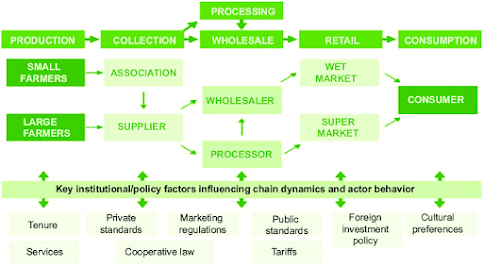USING NATURAL HOMEMADE FERTILISERS AS SOIL FERTILITY ADDITIVES

Written by Elfas Mcloud Zadzagomo (Hunter) Agroecology: Revitalizing Soil Health through Science and Traditional Practices Agroecology is becoming a popular practice in Agriculture each day, For one to understand what it is all about, kindly read through this article. Agroecology is an approach to agriculture that integrates scientific knowledge with traditional farming practices, aiming to create sustainable and resilient food systems. At its core, agroecology seeks to enhance the health of the soil, increase biodiversity, and promote ecological balance. One essential aspect of agroecology is the use of organic fertilizers, which can be crafted from readily available resources such as animal manure. USING HOMEMADE ORGANIC FERTILISERS In many traditional farming systems, organic fertilizers have been used for centuries to enrich the soil and promote healthy plant growth. The practice of making organic fertilizers from animal manures, including those from chickens, cattle, pi...







